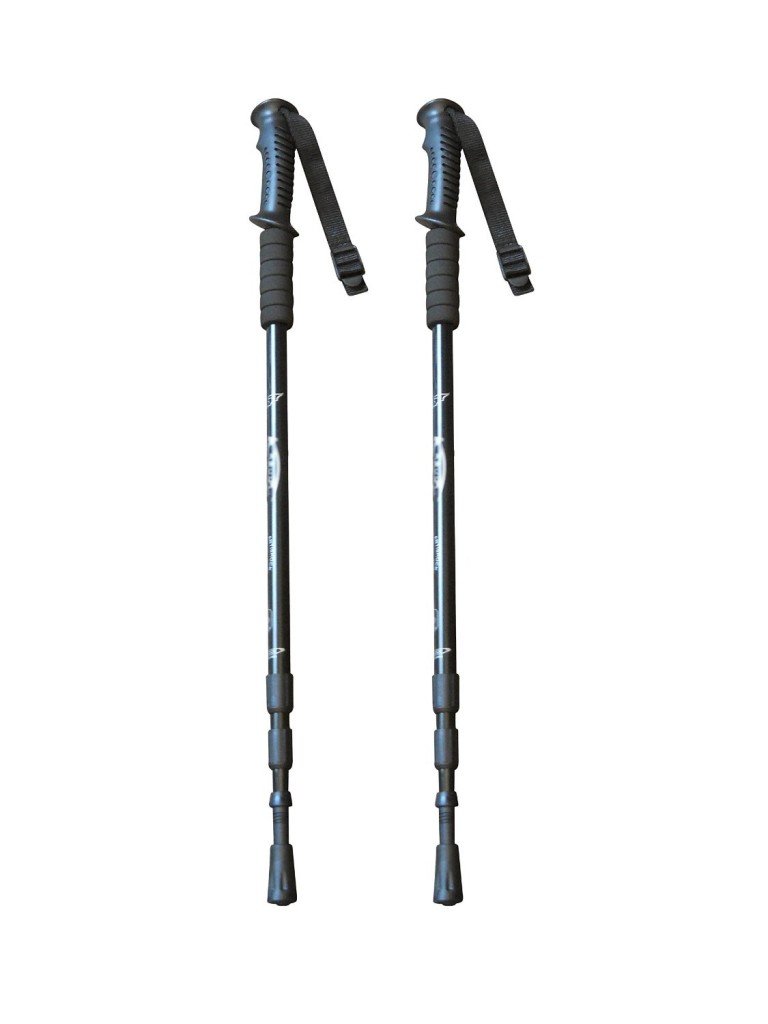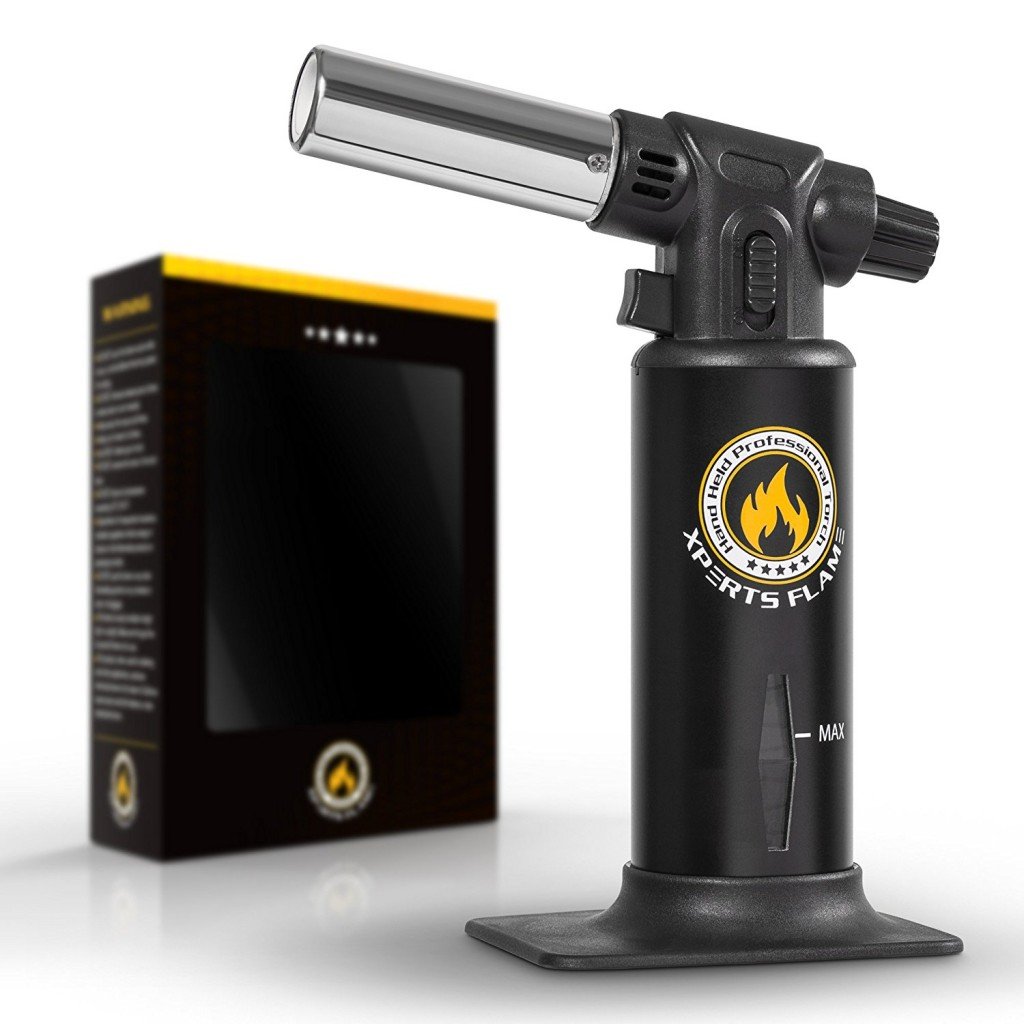There’s no doubt about it; aquarium owners are a finicky and passionate breed. What for the casual owner would be a routine maintenance purchase would spark a heated debate guaranteed to make a 40-gallon tank bubble quicker than any power filter could ever hope to.
And typically with that debate comes years of experience, insight… and no small degree of mishaps.
Reef Salt. As any marine enthusiast will tell you, it’s as vital a part of your aquarium as both your food and your foliage.
Vibrancy, vitality, volume… these are critical to ensuring your coral reefs are healthy and eye-catching. And your corals are going to be at their most robust in an environment that is as close to natural seawater as possible. Which means that a salt brand makes all the difference in the world.
But no two brands are alike. Below, you’ll find our overview of four of the best brands on the market, as well as what to look for when buying.
Instant Ocean Sea Salt for Marine Aquariums, Nitrate & Phosphate-Free Review
With one of the quickest rates of dissolvability, their nitrate and phosphate free sea salt is the closest match of the natural chemical composition of seawater available on the market.
With sizes reaching up to 200 gallons, this is an ideal choice for enthusiasts to stock up in bulk on (note that all salts need to be stirred thoroughly prior to being added to a tank to ensure proper dissolution.)
Instant Ocean Reef Crystals Reef Salt for Reef Aquariums Review
Frequent changing of your water in conjunction with this reef salt will have your tank looking crystal clear in no time at all.
Fritz Aquatics 80270 Reef Pro Mix Complete Marine Salt Review
With enhanced Calcium, Magnesium, Potassium and buffer levels, this professionally used reef mix comes in a sturdy bucket for easy and condensed storage.
Red Sea Fish Pharm ARE11230 Coral Pro Marine Salt Review
The 175 gallon bucket comes complete with an extra inner bag seal-tied to prevent dampness; the bane of any enthusiast living in humid locales.
And while this mix is suitable for both soft, LPS and SPS corals, SPS fragments seem to enjoy a particular boost according to most users.
Reef Salt Buying Guide – How to find the best reef salt for your needs!
A typical reef tank requires a minimum salt level of 35 PPT (parts per thousand.) And similar to humans, reefs need their own particular blend of vitamins in order to function effectively.
Additional nutrients and trace elements are frequently added to ensure your corals don’t grow dull and lackluster. Here’s a handy guide to look out for when reviewing any salt compound.
Calcium
Without a doubt, the single most critical component of a salt blend. In order for any invertebrate to properly build their skeletons, Calcium is unquestionably the most vital factor.
The ideal concentration recommended for peak growth result is 400 PPM (part per million.)
Magnesium
As the most generous trace mineral found in salt water, magnesium works in tandem with Calcium to balance your aquarium’s alkalinity levels.
Try to look for a recommended concentration of 1250 PPM.
Alkalinity
Keeping the pH level of your tank at a core balance isn’t just a question of coral maintenance; your fish will be affected by it as well.
Adding salt will obviously affect your alkaline levels, and understanding your alkaline levels will help keep the amount of bicarbonates in your water at a consistent level.
The ideal range for saltwater aquariums should contain Calcium at roughly 400 PPM, Magnesium between 1250 – 1400 PPM and an alkaline level between 8-11 DKH.
Value
Depending on the manufacturer, the average salt container could be anywhere from 150 – 200 gallons. Which makes gauging cost efficacy slightly challenging.
An easy trick to keep in mind is to take the price and divide it by the number of gallons per bucket.
A 200-gallon bucket at $40 costs a total of 20 cents per gallon; a small price to pay for keeping your aquarium as lively as possible.







